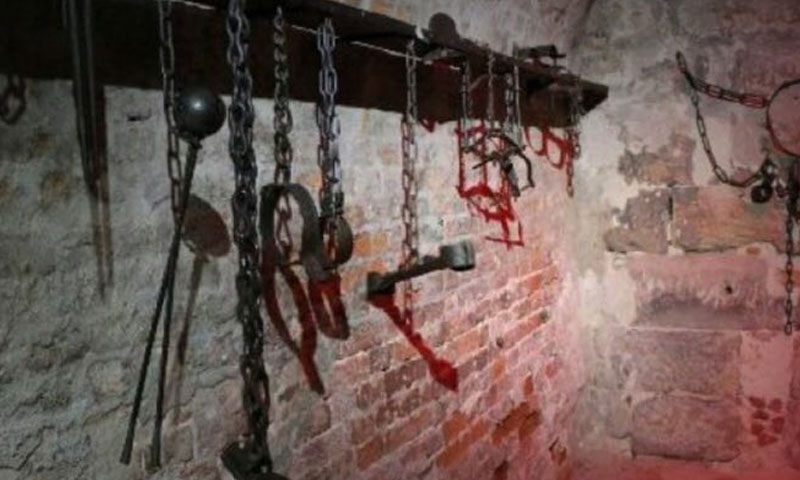A young man named Abdu Saqar, known as Abu Mohamed, was killed in the al-Khateeb branch of the State Security agency under torture more than a year after his arrest.
Sowt al-Asima’s correspondent in Harasta said that the branch had asked Saqar’s family to come to the branch in mid-March to pick up and review his official documents, saying that his death needed to be confirmed with personal status authorities, without saying what happened to the body.
Saqar was from the city of Harasta and in recent years worked as a guard at the Shuhada cemetery where people who were killed in bombardments and fighting when rebel groups controlled eastern Ghouta were buried.
Saqar was arrested at a checkpoint run by the al-Khateeb branch, which is responsible for Harasta city, when he went out to Damascus city. He was detained despite having undergone a security settlement when the Syrian regime and its militias took over eastern Ghouta in April 2018.
Saqar refused to leave for northern Syria after the agreement made between the Russians and Ahrar al-Sham, which imposed regime control over the city at the time. He decided to go to one of the shelter centers which the regime had allocated for those who wanted to leave eastern Ghouta. His security settlement was completed there and he was released before being arrested once again by State Security.
A number of eastern Ghouta’s residents have died under torture after being arrested as a result of their prior connections to civilian or military work during the time that the regime was not in control of the area. Arrests have also affected former members of the Civil Defense and medical crews in an attempt to cover up the chemical crimes the regime carried out in Ghouta.
This article was translated and edited by The Syrian Observer. The Syrian Observer has not verified the content of this story. Responsibility for the information and views set out in this article lies entirely with the author.


